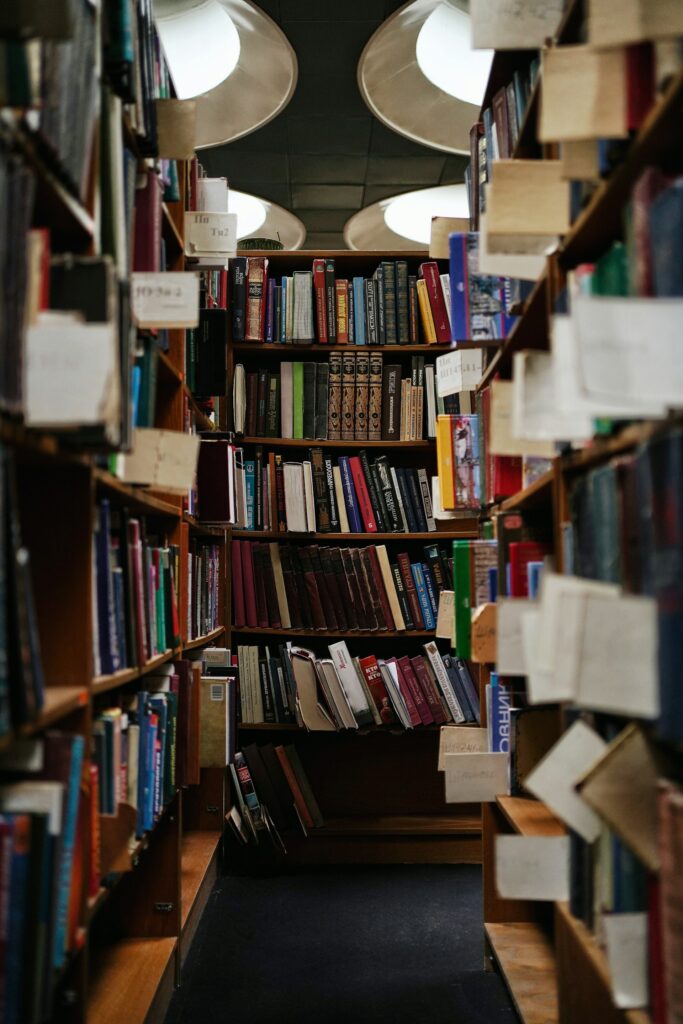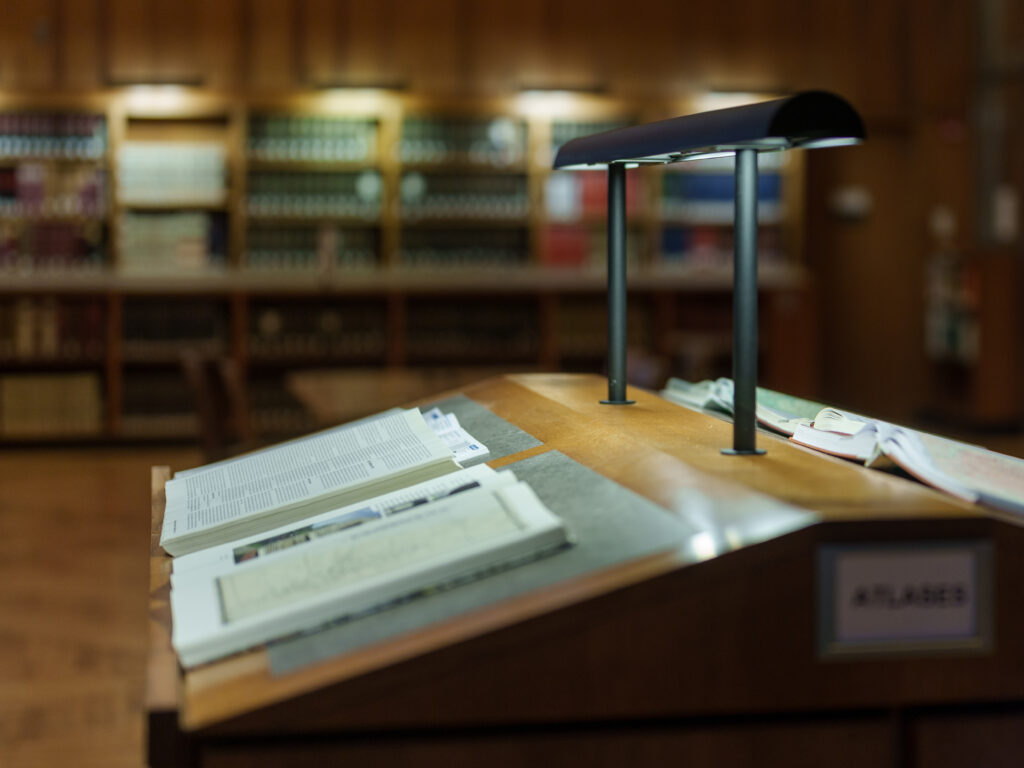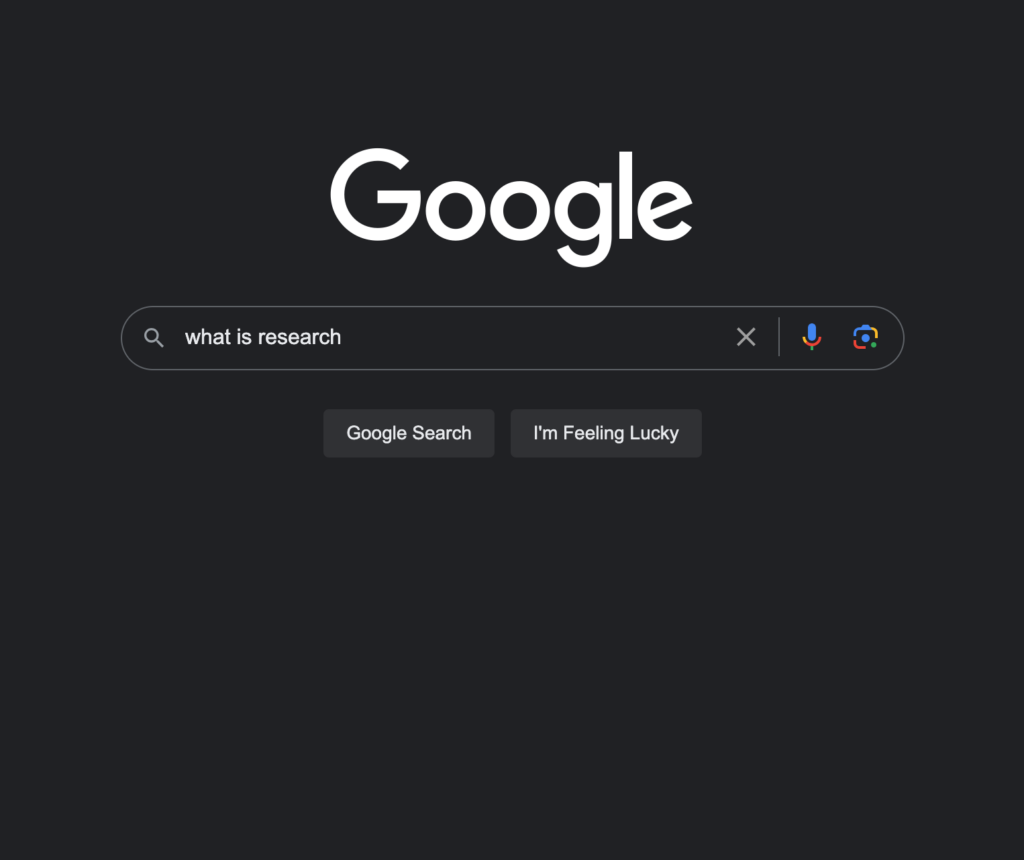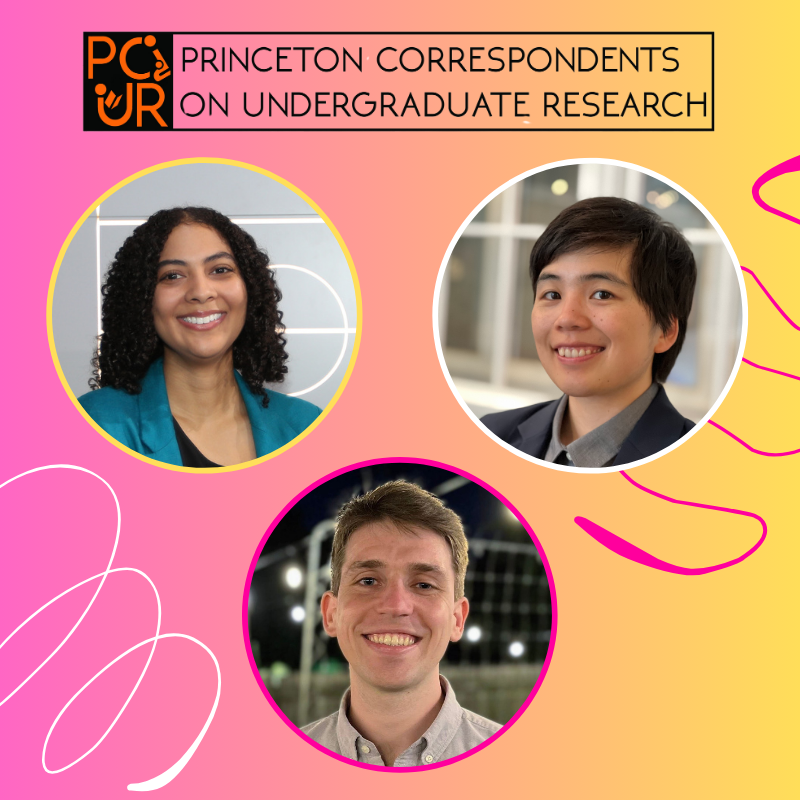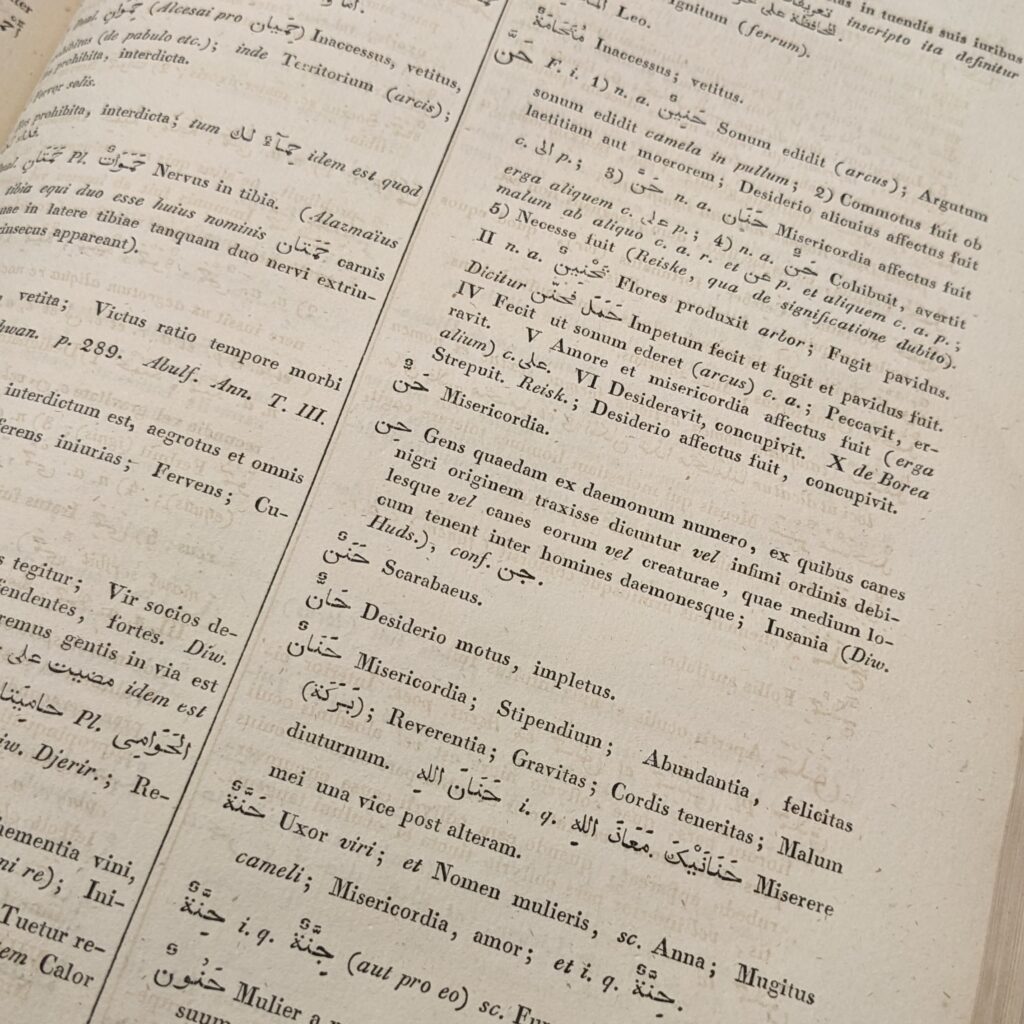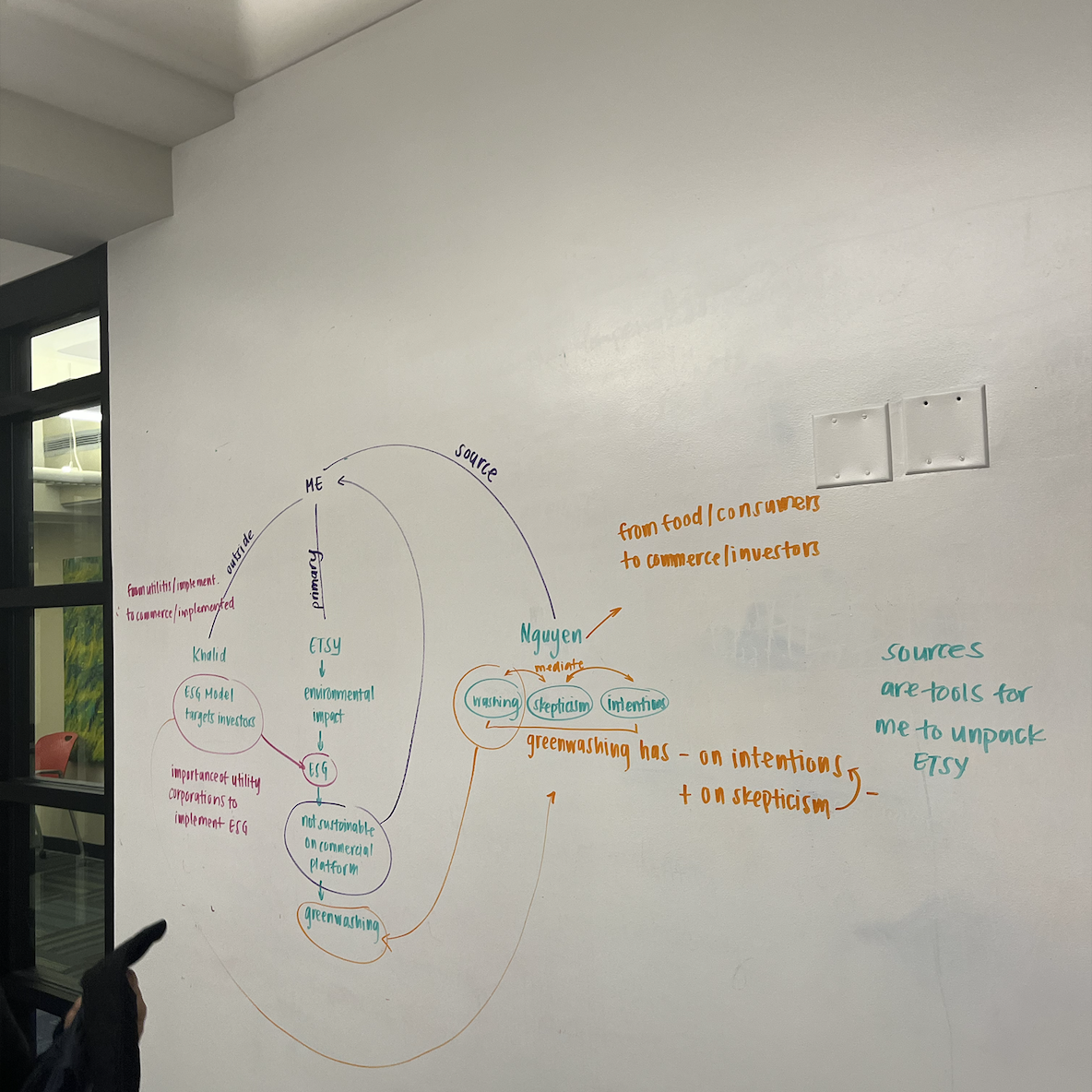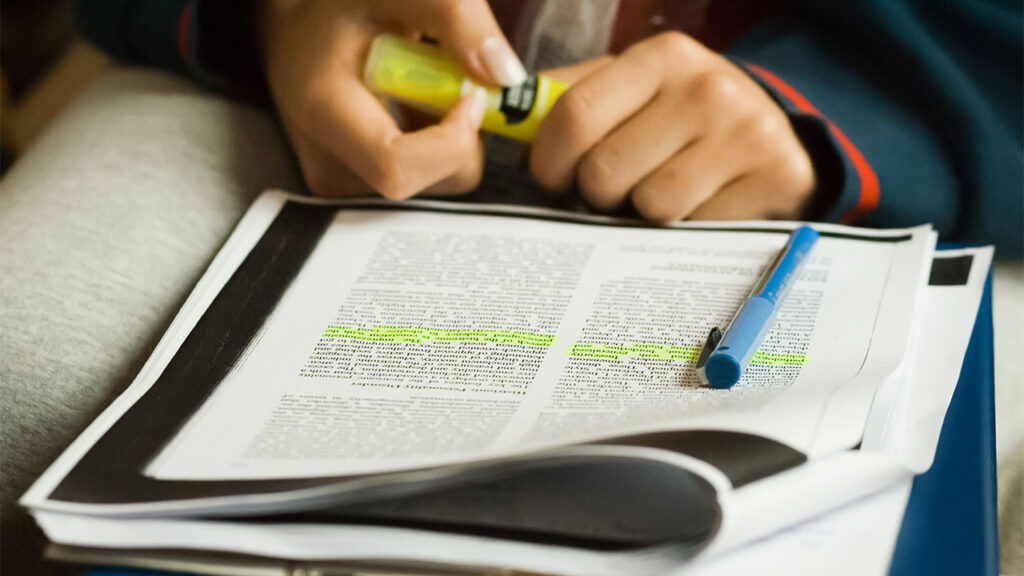
In our undergraduate years, as we get involved with research and science, it can be incredibly overwhelming to read scientific literature. It’s easy to drown in hundreds of thousands of articles with fancy-sounding titles, pages and pages of complex writings, and dozens of figures that you have no idea what they mean. However, reading scientific literature is a necessary skill to have, and you must be able to understand what scientists know, and what they don’t.
Therefore, I’ve created a list of tips and advice to tackle scientific literature as an undergraduate. Follow my advice, and you’re on your way to impress your supervisors with your knowledge, and create a nuanced understanding of where your research lies within the body of knowledge that scientists have been cultivating!
Continue reading Proven Tips on How to Read Scientific Literature

